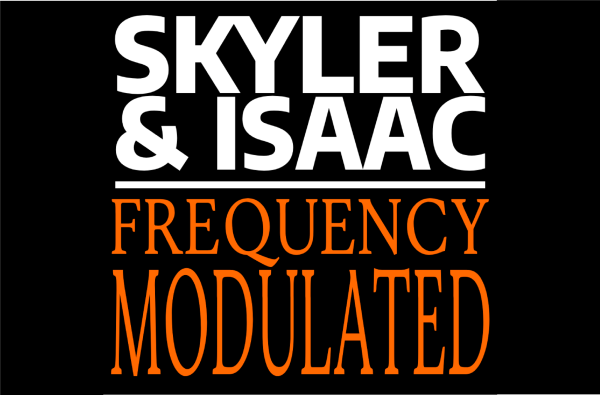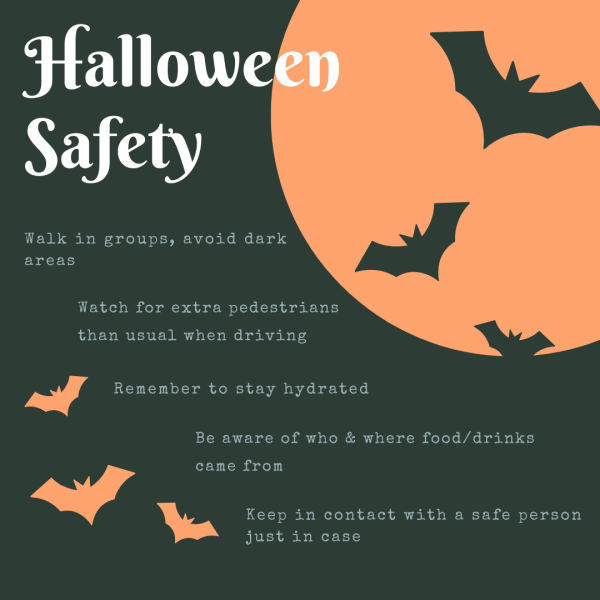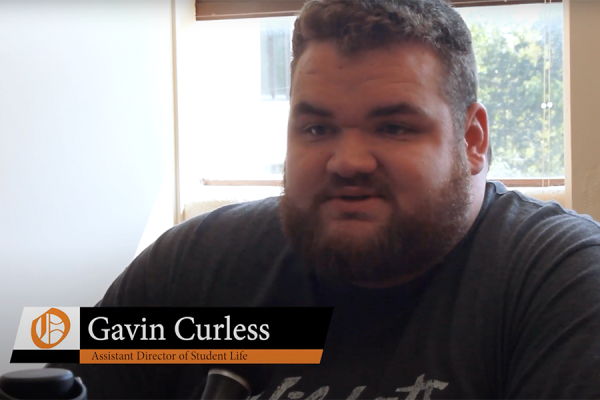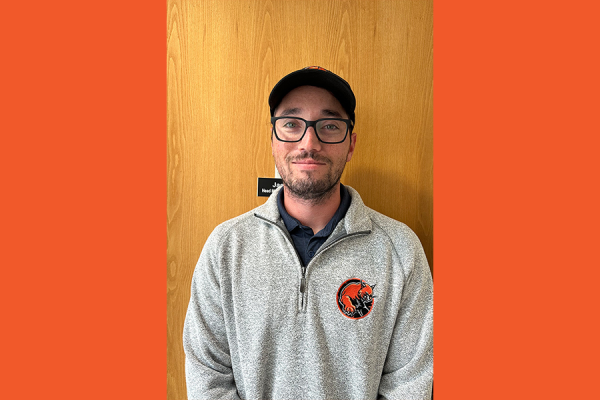Twitter distracts from real-world experiences
This is the story of how I broke all social norms and deleted my Twitter account.
It all started when I realized that I spent an entire Portugal the Man concert on my cell phone. Granted, half of it was texting, but when I got home that night, a friend asked me how the concert was. The first thing I did was show a picture that I had Instagrammed of the event. I did not talk about their performance or how good they sounded live. It was then that I realized most of what I wanted to do was based on how many favorites, likes or retweets I thought that the event would get me.
Twitter is a way of presenting yourself to a group of people. The more interesting your tweets are (or dare I say, the more interesting your life is?), the more of a following you will receive.
I realized that instead of enjoying my life and doing things out of the joy of the acts themselves, I was doing them as a means of a few favorites or retweets. Life didn’t start out with social media, and it won’t end with it either. Social media is a distraction and distortion of the real world.
I got rid of my Twitter so that I could gain control of the things that are important enough to fill my time. I amused myself with the notion that I was using Twitter to read the news and be informed of what was happening in the world around me, but actually I was just skipping from tweet to tweet, glancing at what people had to say but not really caring.
When used the right way, Twitter can be a very effective tool for learning, but not always. When it comes to news, it really isn’t the most reliable source of information. It targets society’s desire to be lazy and gives short renditions of what actually happened — that’s if we are lucky.
Users gather news, relay news and expect that news will be handed to them as soon as it happens, but that idea is nearly impossible. Because the Twitter world relies so heavily on fast responses, people often get the information wrong. For instance, one user tweeted that Bill Nye the Science Guy died in August of 2012. This story went viral so quickly that people could hardly keep up with it, until it turned up to be a hoax. This is just one example of how Twitter leads to misinformation.
Tweeters need to be careful of what they believe on Twitter because what is beautiful about Twitter can also be the most dangerous.
So why do we put so much emphasis on Twitter and social media in general? It’s full of useless information, parody accounts and people who are not interesting. It doesn’t matter if everyone knows that I went to the Kanye West concert or how good my seats were. I’m the only person who was there for the experience, and I should be watching it with my own eyes, not through the lens of my camera or over the screen of my iPhone.
We’ve been programmed to think that we are only as good as other people think we are. Since I deleted my Twitter account, I’ve started to realize what people are actually important in my life (and it definitely isn’t all of my 700 followers…) and what things make me happy. It may seem like a petty thing, but life without Twitter is much easier and lighthearted when I don’t have to think about the next witty 140-character comment I’m going to make.
Plus, I think that we can all agree that #hashtags #are #obnoxious.






